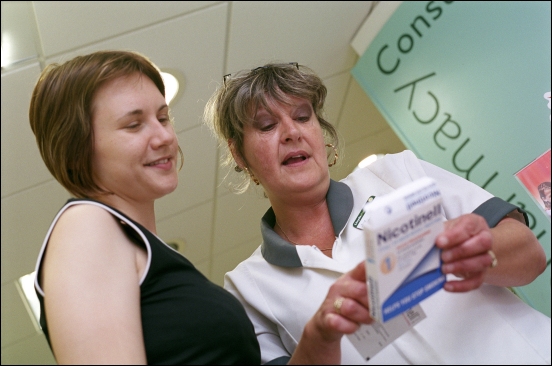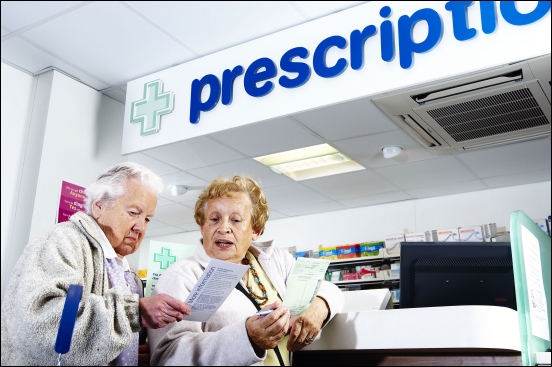A new survey has found that too many people turn to busy emergency services when suffering minor ailments or illness.
Burnham-On-Sea residents have this week been advised of the simple things they can do to help themselves to avoid unnecessary trips to doctors or A&E departments.
Emma Waller, a community pharmacist and Vice Chair of the Somerset Local Pharmaceutical Committee, said during ‘National Self-Care Week’: “Pharmacists are experts in medicines from complex chronic conditions to over the counter treatments for everyday illness.”
“They are conveniently located in towns, so whether you have a cough or cold, feeling unwell or just need some advice about your medicines or condition, your local pharmacist is here to help.”
“Some medicines are available from the pharmacy without going to your GP or 111 service, and we have long opening hours in selected pharmacies-so always think ‘Pharmacy first’.”
Peter Hillman, a Chairman with a local Patient Participation Group and a patient advisor to Somerset Clinical Commissioning Group, added: “We want patients to be more empowered and become active partners in their treatment and healthcare.”

“Most people wouldn’t dream of asking to see a doctor with a cold, cough, minor stomach upset, headache, aching muscle or minor cut and bruise, but a growing minority do.”
“There are also many small changes we can make to improve our health, like eating a more balanced diet and walking more. If we have a minor illness or ailment your local pharmacists can be the most convenient source of expert advice and support.”
“By helping ourselves and our family members we can not only save ourselves time and effort, but also help our hard working NHS doctors and nurses who need to concentrate upon treating the most seriously ill this winter.”
Top 10 self-care health tips for you and your family:
1. If you are over 65 years old, or have a long-term health problem, get a seasonal flu vaccination. If you care for someone else who is in an ‘at risk group’ you can also get a flu jab.
2. Go online to the NHS Choices web site. There is plenty of health advice, including an A-Z – Guide to Health Conditions here.
3. Visit your pharmacist. Pharmacists are experts too and can offer advice on treatments for minor injury and ailments.
4. Always take your medicines as prescribed by your doctor. If you are taking any herbal remedies or non-prescription medicines as well, please tell the doctor.
5. Don’t ask your family doctor for antibiotics if you only have a cold. Antibiotics do not work on cold or flu viruses.
6. Buy some over-the-counter medicines for you bathroom cabinet, like paracetamol, sticking plasters or a bandage, antiseptic cream, cough and cold remedies
7. If you become ill after your GP surgery has closed, at the weekend or over the Christmas holiday, call the 24 hour NHS 111 helpline. It is free to call and can tell you anything from where to find an out-of-hours pharmacist, emergency contraception, or dental treatment.
8. Order your prescriptions medicines in plenty of time – before 24 December and the Christmas holiday.
9. Stock up on some food supplies this winter. Eat a balanced diet with plenty of vegetables and drink more water.
10. Wash your hands with soap and water after going to the toilet or before preparing food for others. Hand washing is still one of the most effective ways to avoid spreading sickness and diarrhoea bugs to others.







